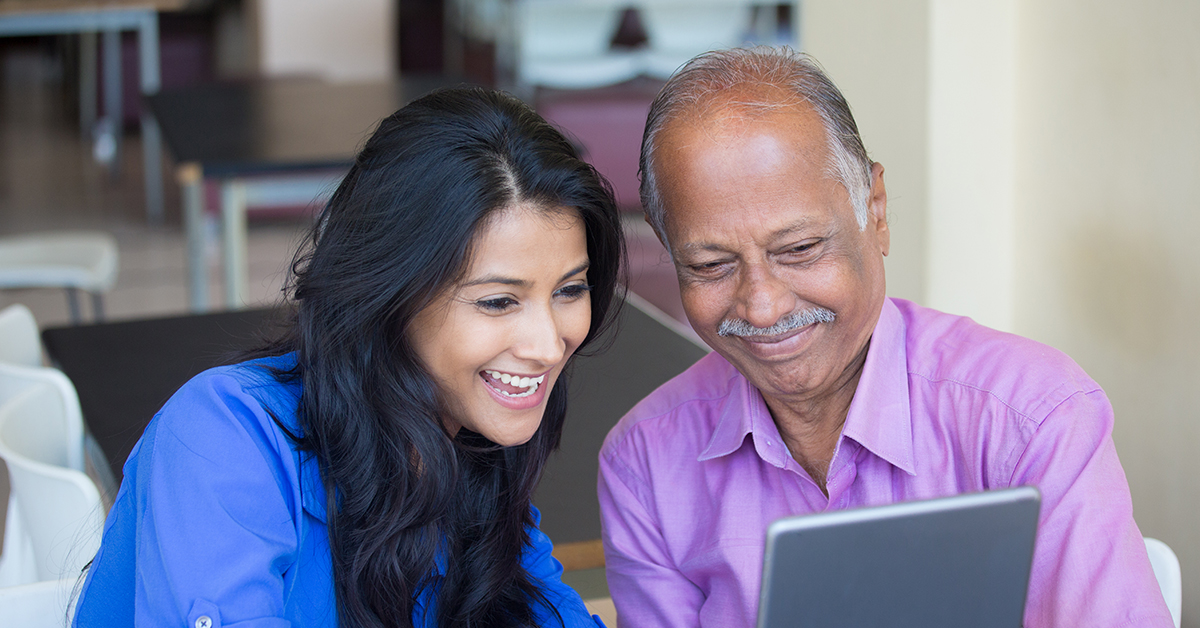Social media is a great way for older adults to keep in touch with old friends and family. However, social media also has its risks: it is increasingly becoming a tool to scam people, especially the elders. Here are a few useful tips on personal safety on social media for seniors. If you are on social media to connect with old friends and family, here are some simple suggestions that will help keep you from being an easy target: Set a strong password: Use strong and unique passwords. Avoid sharing your passwords with anyone, unless you’ve asked someone you trust to manage your accounts. If you have a tendency of forgetting passwords, write them down on a piece of paper and keep it in a place which only you can access. Protecting your social media passwords will prevent an unscrupulous person from using your account to impersonate you and use your account for a scam. Make use of privacy settings to your advantage: Social media sites have settings that let you control who can see your posts. Some sites have extensive controls where you can choose which posts are visible to your friends or friends of friends or public. Before you post on your social media account, it’s good to get to know its privacy policies and settings. You can also adjust the privacy settings of your smartphones by restricting who can access your location, contacts and other personal information. Think before your post: Be selective about what you post on social media. Posts that reveal information like when you are going to be away from your home or when will you be home alone should be avoided. If you are going on a vacation, post the pictures once you are back. Avoid posting personal information such as bank account information, Aadhaar card number on social media. If another user asks for such information, leave the conversation as it may be a scam. Beware of scam messages: Avoid clicking on links that may say that you have won money or messages claiming to be a family member who is in trouble and needs money. Scammers may solicit money posing as a fake charity, especially after a natural disaster. If you are receiving messages from someone you don’t know, you should probably ignore it.
Read More
